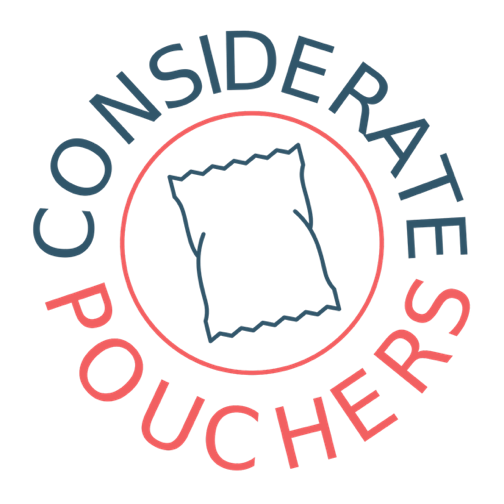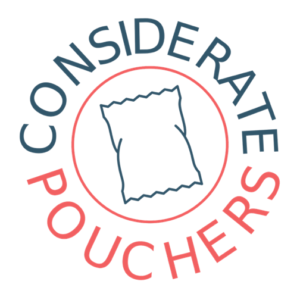Sweden is proposing significant changes to the nicotine content allowed in snus products. Recently, the government investigator Inga-Lill Askersjö recommended setting the maximum permitted nicotine content at 12 milligrams per gram for all types of snus. This shift could potentially reshape the market landscape, impacting consumers and manufacturers.
The Current Landscape
Sweden boasts a diverse range of snus products, with about 603 variants offered by Snusbolaget alone. Approximately 50% of these could face bans under the new regulation. This includes popular brands like Velo, with 35 of its 57 types facing potential prohibition, and Knox, where varieties like “Strong portion” and “White portion” could be affected.
Global Comparisons
It’s instructive to look beyond Sweden to understand how other countries regulate nicotine in similar products. Hungary and Iceland, for example, have set their nicotine limits at 17 and 20 milligrams per gram, respectively. These higher thresholds reflect different regulatory philosophies and approaches to balancing market freedom and public health.
Market Adaptations and Implications
According to Markus Lindblad, information manager at Snusbolaget, the market will likely adapt to these regulations by increasing the size of the pouches, which might not appeal to traditional user groups, such as women.
The Debate Over Nicotine Levels
The rationale behind lowering nicotine levels is to deter young people from starting to use nicotine products. However, Lindblad argues that young users often begin with lower nicotine levels anyway, suggesting that merely reducing nicotine content in products might not effectively prevent youth usage.
Broader Regulatory Context
The outcome of this regulatory shift will likely have a profound impact on the snus market and the overall landscape of nicotine products in Sweden.
Looking Forward
As Sweden’s government considers these new regulations, it will be essential to monitor the public health outcomes and market responses. Comparing these regulations to other countries might offer valuable lessons and insights into the most effective strategies to protect public health, the availability of safer alternatives, and the implications for adult users and manufacturers.


